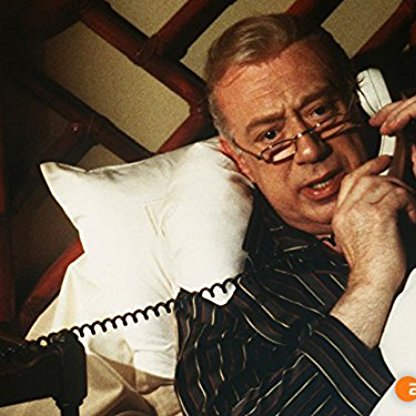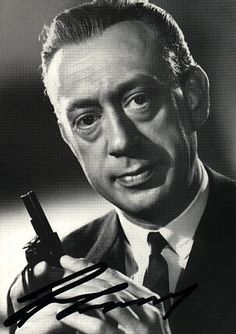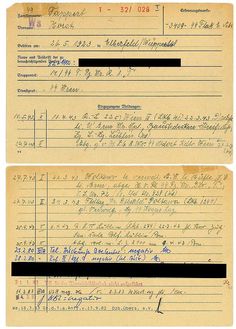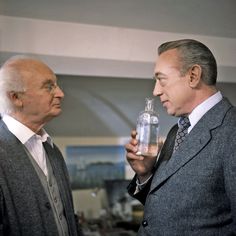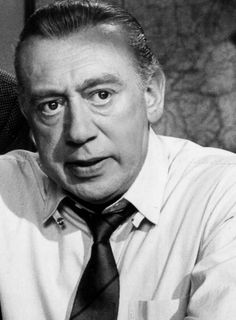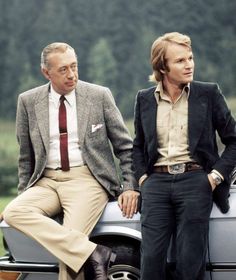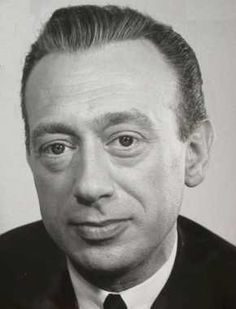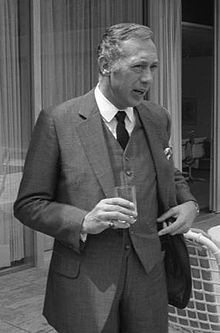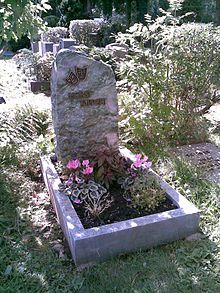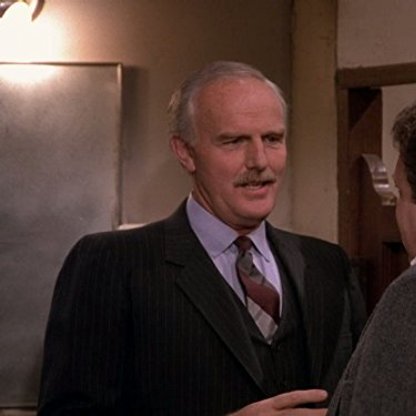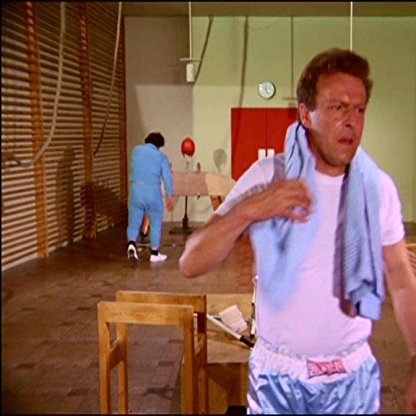Horst Tappert was born on 26 May 1923 in Elberfeld (now Wuppertal), Germany. His father was a civil servant. Following high school, Tappert was drafted into the German army in World War II and ended up as a prisoner of war. Like the later author of the Derrick series, Herbert Reinecker, Tappert joined the Waffen-SS. Initially a member of the SS-Flak-Ersatzabteilung (Arolsen), he was listed as a member of 3rd SS Division Totenkopf in March 1943. Following the war, he was hired as a bookkeeper at a theatre in Stendal, Germany, and became interested in acting. He took acting classes and gave his stage debut in Stendal, playing Dr. Stribel in Paul Helwig's Die Flitterwochen.

